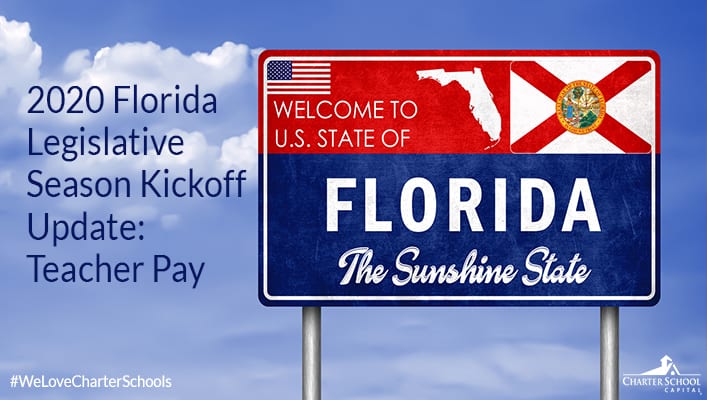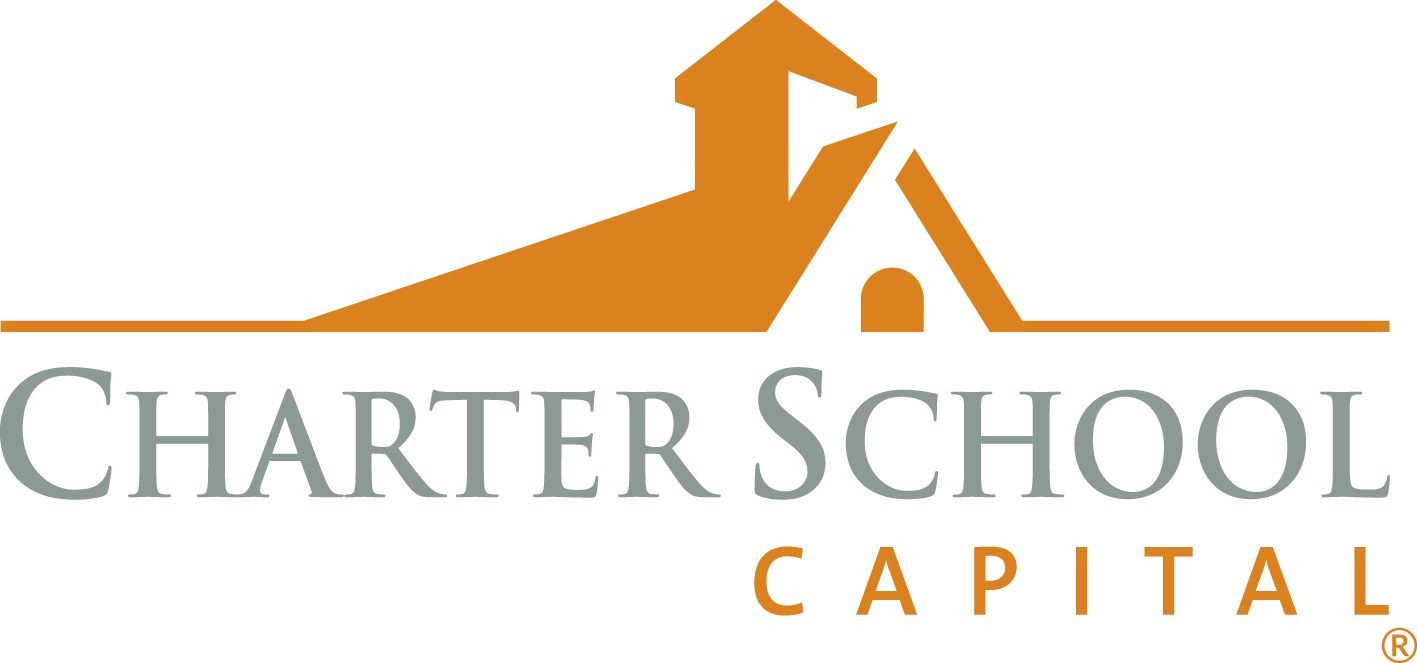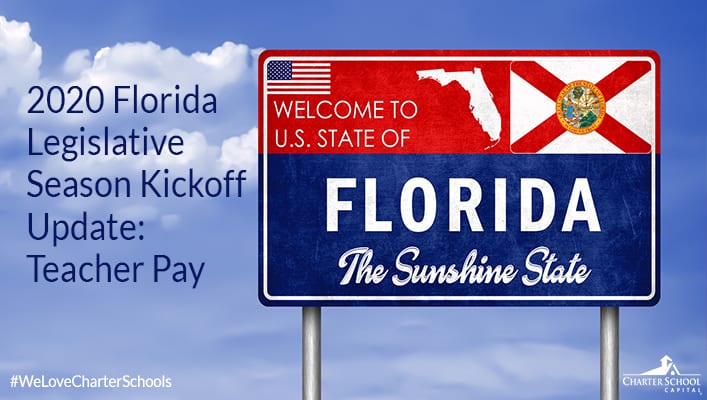2020 Florida Legislative Season Kickoff Update: Teacher Pay
 2020 Florida legislative season update: Could mean big things for teacher pay.
2020 Florida legislative season update: Could mean big things for teacher pay.
Florida is ranked 26th in the nation. No, not in college football, but in teacher pay.
According to statistics from the National Education Association in Washington, DC, Florida’s average starting teacher pay at $37,636 ranks 26th in the nation. In early October, Florida Governor Ron DeSantis rolled out a legislative proposal to change that statistic by giving a pay raise to over 100,000 teachers in public schools across the state.
The Governor is recommending the state invest over $600 million to increase the minimum salary to $47,500 that would raise Florida’s ranking to 2nd in the nation.
But much like football, governing is a team sport, and in this case, not all the players are working from the same playbook.
Shortly after the Governor’s announcement at a traditional public school in Clay County, the Speaker of the Florida House responded by issuing a press release that said the Governor’s request will be “properly considered” during the upcoming Regular Legislative Session—not exactly a ringing endorsement. Following the Speaker’s press release, the leadership at the Florida Education Association, the state’s largest teacher’s union, issued their own press release calling the proposal a “step in the right direction” but that more attention (and money) should be directed to veteran teachers. Again, lukewarm support (at best) of DeSantis’s pay plan.
In addition to restructuring teacher pay, the Governor has also proposed eliminating the current state-funded teacher/principal bonus programs and reallocate those state dollars to a new bonus scheme that focuses more on learning gains and retaining highly effective teachers in Title I schools.
So, what does this all mean for charter schools?
First, the good news. Any legislative policy and/or appropriations addressing salary and performance bonus payments for public school teachers also applies to teachers in public charter schools. This means that under the Governor’s proposal, teachers in public charter schools (currently making less than $47,500 per year) would be eligible for a salary increase the same as their traditional district school counterparts and would also be eligible for bonus money if they meet the eligibility requirements.
But the flip side of the coin is not as rosy.
In order to fund teacher’s pay raises, the legislature would have to appropriate state dollars to school districts who negotiate teacher salaries with local teacher unions through a collective bargaining process. Current legislators are not able to bind future legislators, so any money in the next year’s budget for teacher salary is not necessarily guaranteed in future years.
This could mean charter schools that give pay increases to teachers using potential one-time money would then have to fund those increased salaries in future years without government funds if the state does not provide this appropriation in future years. This could potentially put a charter school in an awkward position of having to rescind salary increases or make cuts in other areas such as operations or capital improvements to continue to fund the personnel costs.
We all love payday, but in the case of the 2020 Florida legislative season, the devil is in the details and legislators have some tough decisions to make in the upcoming session when it comes to teacher pay.
 Since the company’s inception in 2007, Charter School Capital has been committed to the success of charter schools. We help schools access, leverage, and sustain the resources charter schools need to thrive, allowing them to focus on what matters most – educating students. Our depth of experience working with charter school leaders and our knowledge of how to address charter school financial and operational needs have allowed us to provide over $2 billion in support of 600 charter schools that have educated over 1,027,000 students across the country. For more information on how we can support your charter school, contact us. We’d love to work with you!
Since the company’s inception in 2007, Charter School Capital has been committed to the success of charter schools. We help schools access, leverage, and sustain the resources charter schools need to thrive, allowing them to focus on what matters most – educating students. Our depth of experience working with charter school leaders and our knowledge of how to address charter school financial and operational needs have allowed us to provide over $2 billion in support of 600 charter schools that have educated over 1,027,000 students across the country. For more information on how we can support your charter school, contact us. We’d love to work with you!
